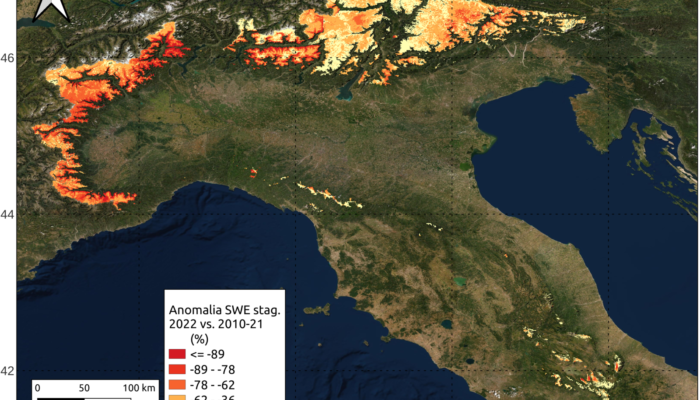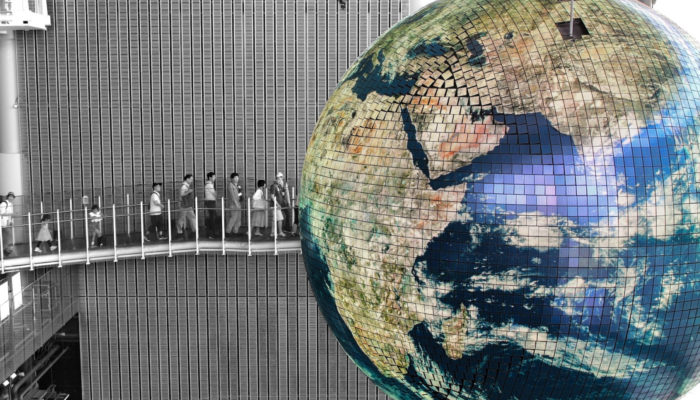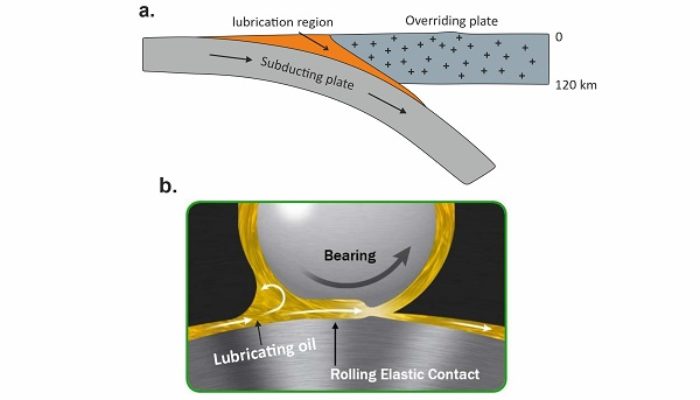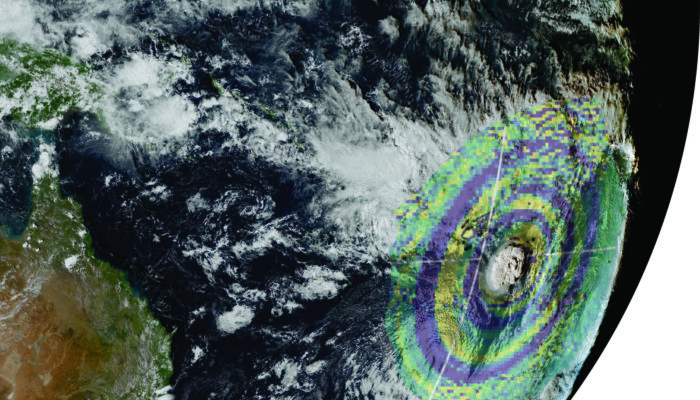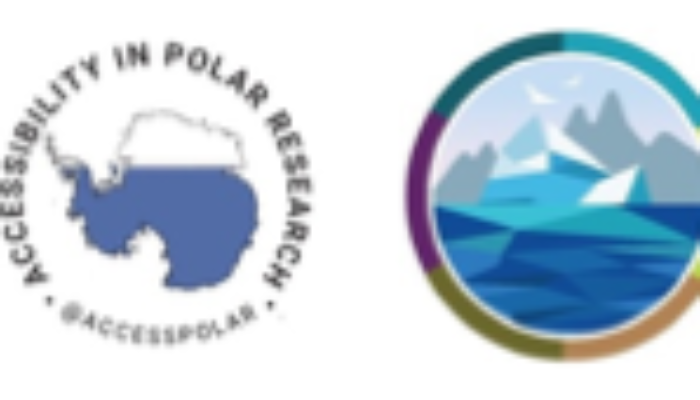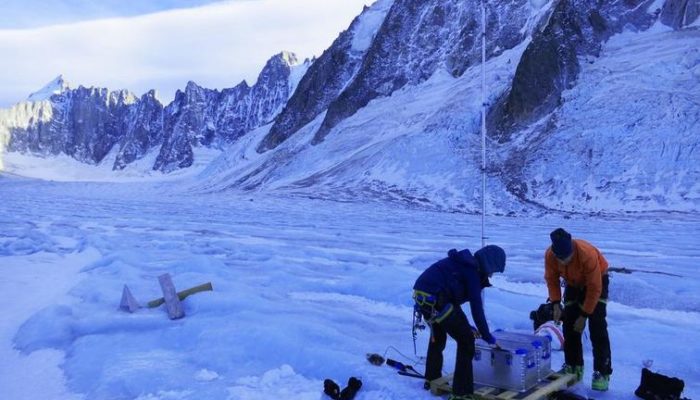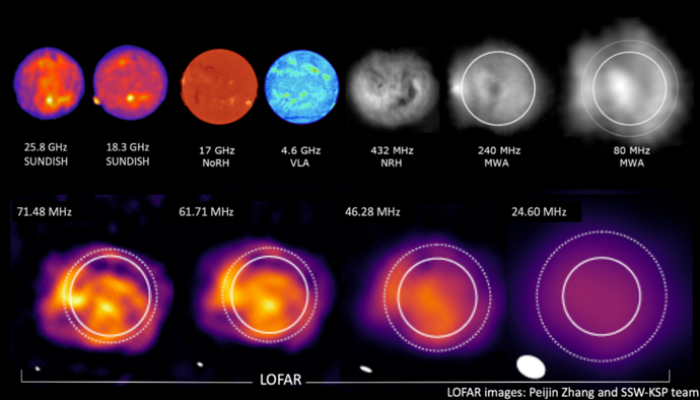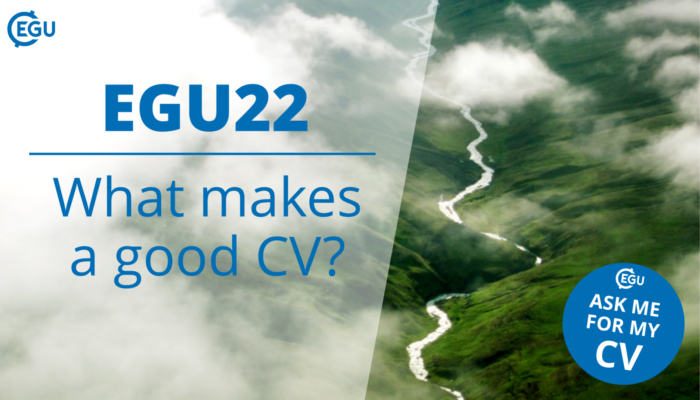June 2022: I was discussing the ongoing drought with my family over lunch, when my dad pointed to me and summarized things as follows: “You know, less snow in winter means less water in summer!” I almost choked … what? Not only was it the first time I realized my family had been listening to my scientific anecdotes for years, but I also had concrete evidence now that snow was entering public ...[Read More]
If you didn't find what you was looking for try searching again.
GeoLog
Imaggeo On Monday: Welcome aboard Planet Earth
The large suspended globe in the foreground and a suspended pathway in the background. The composition gives an impression that the museum visitors are entering into the Earth, perhaps even boarding an Earthly spaceship. Photo taken at Miraikan – the National Museum of Emerging Science and Innovation in Tokyo, Japan. At the moment the photo was taken the projection shows a satellite image of ...[Read More]
Geodynamics
Why do seismic images vary beneath different ocean floors?
Mantle flow and deformation beneath tectonic plates
Geodynamics
Application of lubrication theory in understanding subduction interface dynamics
Plate interface lubrication is essential for stabilization and continuation of subduction process for million of years. The magnitude of plate interface lubrication determines transfer of stress between two converging plates, topography of mountain belts, transportation of volatiles to the mantle, and return flow of high to ultra-high pressure rocks to the earth’s surface. In this week’s blog, I ...[Read More]
Seismology
Global seismoacoustic waves from the Hunga eruption (Tonga)
Jelle Assink, Senior Geophysicist at KNMI, takes us through the details of the various kinds of waves produced by the Hunga eruption in Tonga earlier this year… On January 15, 2022, a powerful volcanic eruption occurred in the Tonga archipelago in the Pacific Ocean when the submarine Hunga volcano exploded around 04:15 (UTC). This explosion marked the climactic end of an eruptive phase that ...[Read More]
Cryospheric Sciences
The Cryosphere meets the Twittersphere
Twitter is a place that can be full of an overwhelming amount of information, and often it becomes difficult to hear about new information amongst the noise of all the tweeting. To help our fellow cryo-enthusiasts learn more about equality, diversity and accessibility within the cryosphere, we’re highlighting a few twitter accounts that we think everyone should follow! Gender equality: @womeninPol ...[Read More]
Cryospheric Sciences
Did you know… that glaciers can sing?
Have you ever wondered what the voice of a glacier sounds like? Well, listen here! And if you want to know how the glacier makes these sounds, then let’s take a walk on the ice side… Close your eyes and think of the time you were in the middle of the mountains. On a snow plain, a glacier or a frozen lake; just you. You hear your footsteps in the snow, crunching ice. The wind blows through your hoo ...[Read More]
Solar-Terrestrial Sciences
Reflection after the investigation of the direct First Parker Solar Probe Observation of the Interaction of Two Successive ICMEs
In Heliophysics there is a scarcity of in-situ buoys that allows us to monitor and track the solar wind changes in our Sun’s atmosphere, the heliosphere. NASA’s Parker Solar Probe (PSP) mission is one of those buoys that, together with Solar Orbiter (SolO, ESA/NASA Collaboration), is bringing a breath of fresh air in the effort to fully characterize the solar wind and study the evolution of the em ...[Read More]
Solar-Terrestrial Sciences
Resolving the very fine details of the Sun in low frequency radio
The Sun is an active radio emitter, it produces radio emissions in a wide frequency range from kHz to THz. The solar atmosphere has a complex distribution of magnetic field, plasma density, and temperature. These different properties of the solar atmosphere will result in different radio emission features at different frequencies. In principle, the plasma density decreases with the heliocentric di ...[Read More]
GeoLog
EGU22: What makes a good CV?
This year for EGU22 we wanted to make participation in the Jobs and Careers events equally accesible whether you are participating remotely or on-site, so we added the ‘Ask me for my CV’ sticker that you can put in your profile to let people know that your CV is available. But what about the actual CV itself? Seismology Division Early Career Scientist Michaela Wenner, supported by the ...[Read More]

